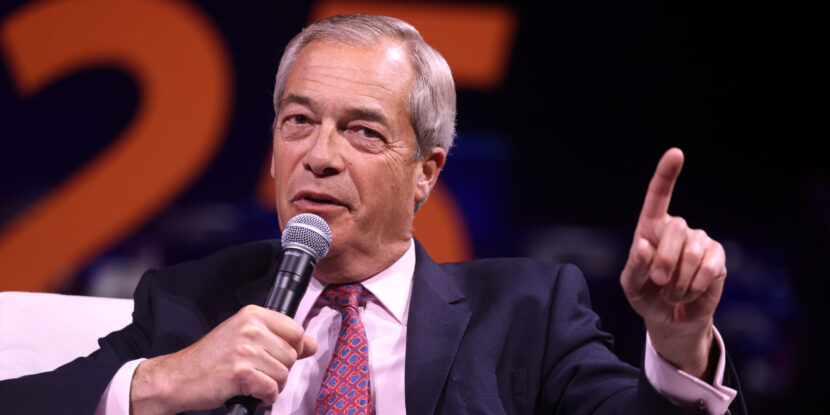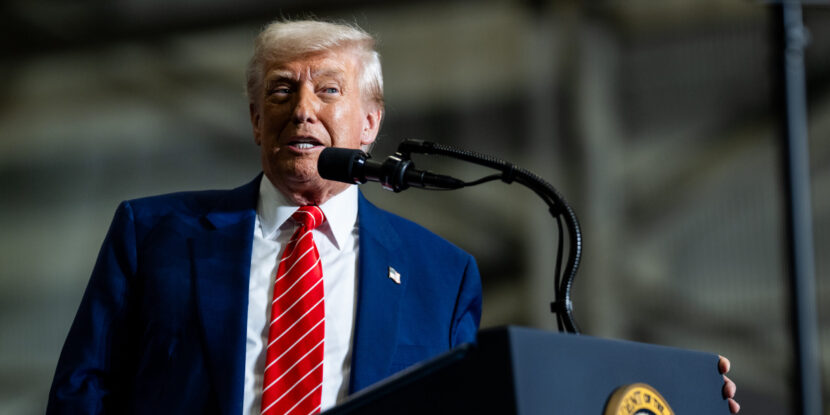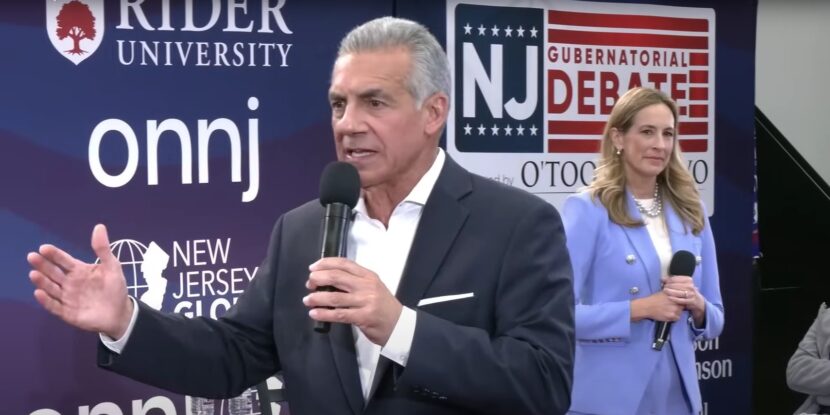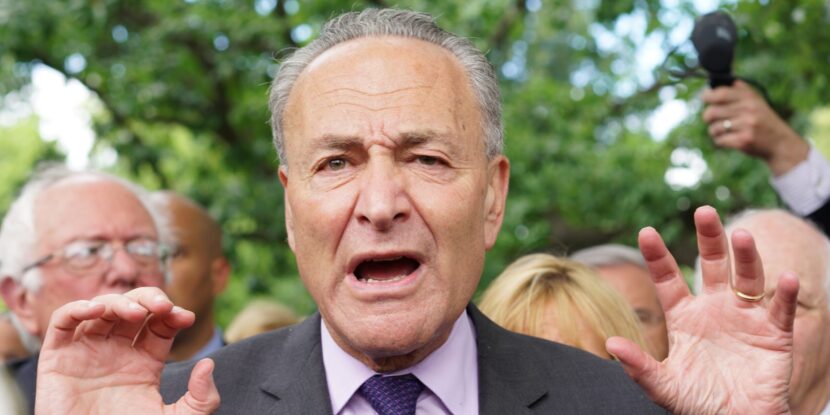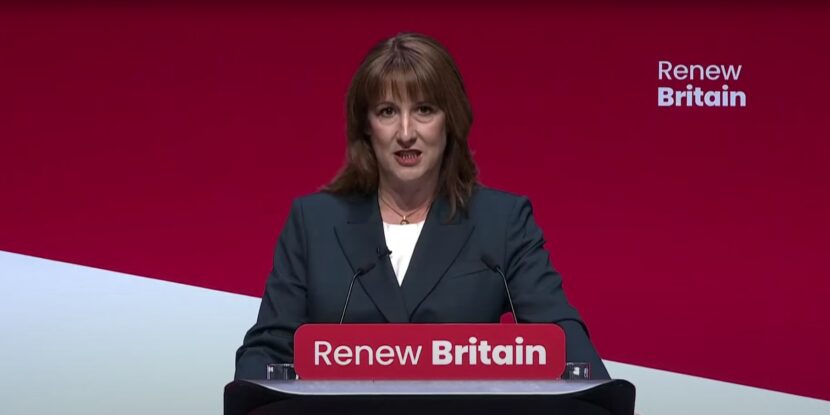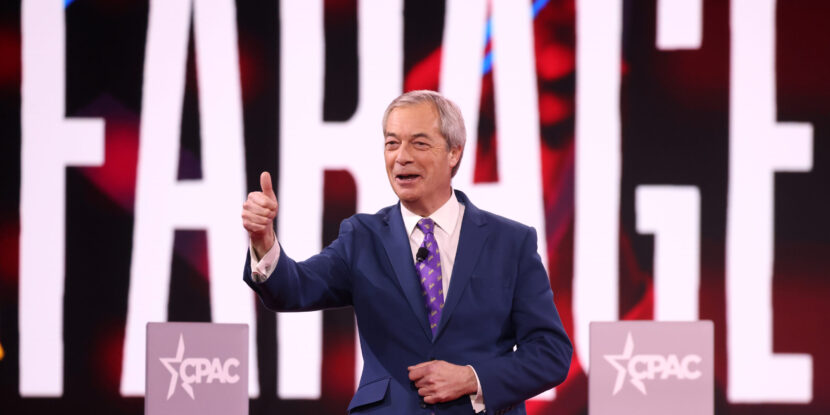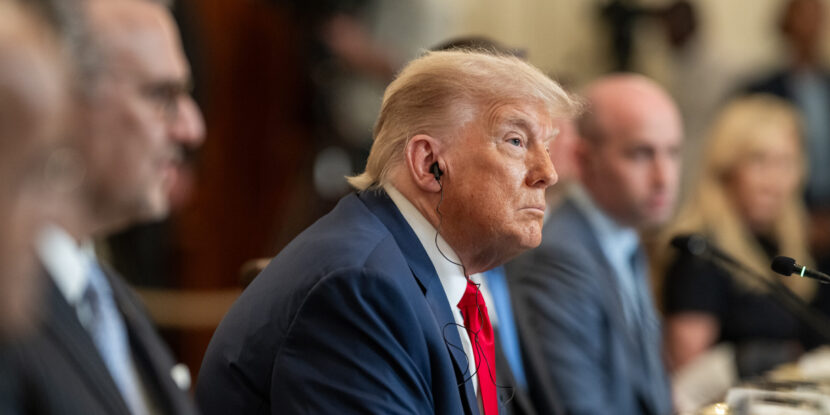❓WHAT HAPPENED: Insurance giant Chubb is facing calls for a federal investigation into its diversity, equity, and inclusion (DEI) initiatives and other practices over alleged violations of anti-discrimination laws and a Trump Executive Order.
👤WHO WAS INVOLVED: Chubb, Consumers’ Research, Attorney General Pam Bondi, and Treasury Secretary Scott Bessent.
📍WHEN & WHERE: The campaign was launched on Wednesday, with Chubb being a globally operating American-Swiss insurance conglomerate listed on the New York Stock Exchange.
💬KEY QUOTE: “Chubb’s practices run counter not only to the colorblind policies of this administration, but very likely, to the Civil Rights Act and other federal anti-discrimination laws as well.” – Consumers’ Research Executive Director Will Hild
🎯IMPACT: Consumers’ Research has launched a nationwide campaign, including ads, billboards, and a website, to draw attention to Chubb’s policies and urge federal action.
American-Swiss insurance conglomerate Chubb could soon be subject to federal scrutiny over its diversity, equity, and inclusion (DEI) initiatives and other practices. Consumers’ Research, a consumer protection watchdog group, is petitioning the U.S. Department of Justice (DOJ) and the Treasury Department to launch a probe into the insurance giant, alleging that Chubb’s policies may violate President Donald J. Trump’s Executive Order prohibiting DEI programs and federal anti-discrimination laws.
Chubb, the world’s largest publicly traded property and casualty insurance company, is listed on the New York Stock Exchange and part of Lloyds of London. Consumers’ Research, a nonprofit watchdog group, launched its campaign on Wednesday, labeling Chubb the “wokest insurance company” and urging the DOJ to investigate.
In a letter to Attorney General Pam Bondi and Treasury Secretary Scott Bessent, Consumers’ Research Executive Director Will Hild stated, “Chubb’s practices run counter not only to the colorblind policies of this administration, but very likely, to the Civil Rights Act and other federal anti-discrimination laws as well.” Hild also criticized Chubb’s DEI-driven philanthropic initiatives, such as the Chubb Rule of Law Fund and the Chubb Charitable Foundation.
Trump’s Executive Order—effectively barring the federal government from doing business with any companies that implement diversity quotas, affirmative action mandates, and other DEI-style policies—has resulted in numerous major U.S. corporations scrapping discriminatory programs. After Trump signed the order in January, Deloitte—a member of The Big Four accounting firms—notified its employees through a firm-wide e-mail that it would be ending its DEI initiatives.
Notably, The National Pulse reported in September that the House Oversight Committee is broadening its investigation into potential discrimination by insurance companies and financial institutions against individuals and entities with right-leaning political views. The probe also examines whether retirees’ pension accounts are being used to fund progressive policies without their consent.
Join Pulse+ to comment below, and receive exclusive e-mail analyses.


